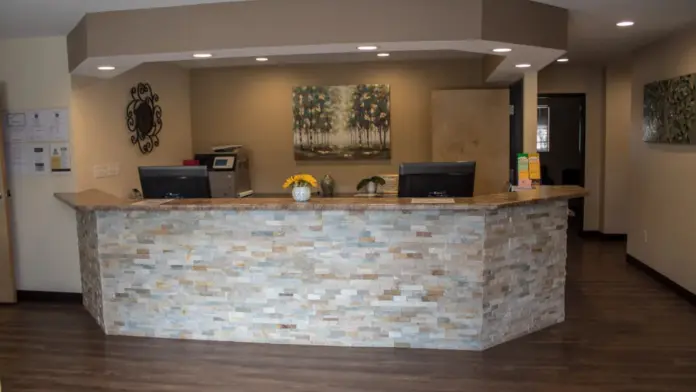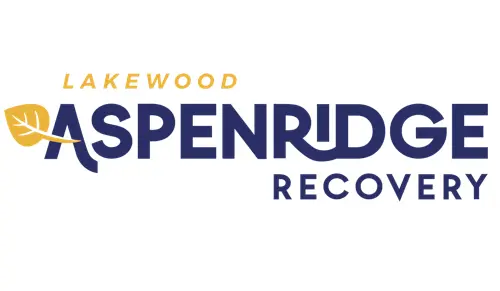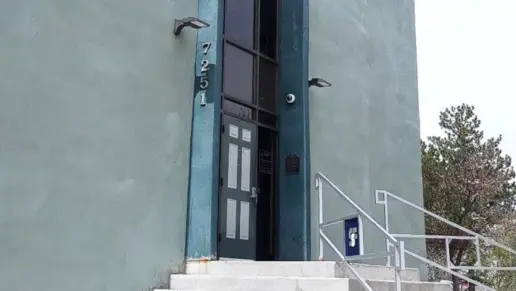About Gateway to Success
Gateway to Success is an integrated behavioral health system serving the counties of Fremont, Pueblo and El Paso in Colorado. Their facility in Fremont County is located in Canon City, Colorado. This facility offers various outpatient mental health and substance use recovery services. Their addiction recovery services support adults over 18 affected by substance use disorders.
They primarily provide medication assisted treatment. This is the gold standard in evidence based practices for addressing alcoholism and opioid addiction. The technique uses FDA approved medicine alongside counseling to support recovery. The facility uses Vivitrol for this treatment to manage withdrawal symptoms. This allows you to undergo individual and group counseling. Counseling helps you tackle personal challenges fueling your substance use and build solid coping strategies against those triggers. Combining medicine and counseling this way addresses both physical and psychological aspects of addiction. This facilitates relapse prevention and lasting recovery.
Their substance use services also include DUI level II education/therapy. This state approved evidence based program supports judicially involved youth and adults. It includes two hour weekly group sessions focused on addressing substance use and promoting safe driving habits to prevent reoffending. The psychiatric services provided in this facility include psychiatric evaluation/monitoring and medication management. These services equip them to handle co-occurring disorders as well. This is when someone simultaneously struggles with both mental health and substance use disorders.
They also provide domestic violence treatment. This may or may not be linked to behavioral health issues. It’s very convenient that this facility accepts Medicaid, Medicare and CHP+ in all their services. Their individualized treatment fosters quality care delivery.
Latest Reviews
Rehab Score
Gallery

Location
Other Forms of Payment
Private insurance refers to any kind of healthcare coverage that isn't from the state or federal government. This includes individual and family plans offered by an employer or purchased from the Insurance Marketplace. Every plan will have different requirements and out of pocket costs so be sure to get the full details before you start treatment.
Self-pay involves paying for treatment out of your own pocket. You can use savings or credit, get a personal loan, or receive help from family and friends to fund your treatment. If you don't have insurance or your insurance plan doesn't cover a specific program, self-pay can help ensure you still get the care you need.
Sliding scale payments are based on a client's income and family size. The goal is to make treatment affordable to everyone. By taking these factors into account, addiction recovery care providers help ensure that your treatment does not become a financial burden to you or your family, eliminating one barrier to care.
Medicare is a federal program that provides health insurance for those 65 and older. It also serves people under 65 with chronic and disabling health challenges. To use Medicare for addiction treatment you need to find a program that accepts Medicare and is in network with your plan. Out of pocket costs and preauthorization requirements vary, so always check with your provider.
Military members, veterans, and eligible dependents have access to specific insurance programs that help them get the care they need. TRICARE and VA insurance can help you access low cost or no cost addiction and mental health treatment. Programs that accept military insurance often have targeted treatment focused on the unique challenges military members, veterans, and their families face.
Medicaid is a state based program that helps lower-income individuals and families pay for healthcare. Medicaid covers addiction treatment so those enrolled can use their coverage to pay for rehab. When a program accepts Medicaid the client often pays very little or nothing out of their own pocket.
Addiction Treatments
Levels of Care
Programs



Clinical Services
The main principle of cognitive behavioral therapy (CBT) in Colorado is that substance use disorders are based on faulty thinking and behavior patterns. The goal of this treatment is to help the individual learn better ways of coping with challenges, which will lead to changes in thinking and behavior.
Dialectical behavior therapy is skills based and present oriented. You'll be asked to keep a diary of emotions and related behaviors and practice the skills you've been learning between sessions. The focus of skills development is on mindfulness, distress tolerance, emotion regulation, and interpersonal effectiveness.
Group therapy in Colorado offers you a platform to share your stories about drug addiction and co occurring mental health conditions. You'll receive encouragement and empathy from peers who understand your journey, fostering a sense of community and belonging.
Men and women in Colorado have access to customized individual therapy sessions for drug and alcohol addiction treatment. These sessions explore your life experiences and patterns of substance abuse. Your therapist helps you recognize harmful behaviors and thoughts that empower you to make positive changes for lasting recovery.
Therapists who employ motivational interview techniques seek to draw out the client's ideas about change and allow them to draw their own conclusions about the need for change. This method is often effective for clients who feel unsure about their ability to change or the need for change.
During trauma therapy, you explore the impact that a traumatic event has had on your life. Your therapist can help you develop strategies to manage the emotional and physical symptoms while improving emotional regulation. This improves your overall quality of life.
During family therapy sessions, family members in Colorado work with therapists to understand addiction as a disease that has affected the entire family. This approach fosters empathy and reduces blame on any one member. Promoting this collective effort helps to support the recovery process.
Accreditations

State Licenses are permits issued by government agencies that allow rehab organizations to conduct business legally within a certain geographical area. Typically, the kind of program a rehab facility offers, along with its physical location, determines which licenses are required to operate legally.
State License: Colorado
Contact Information
602 Yale Place
Canon City, CO 81212


